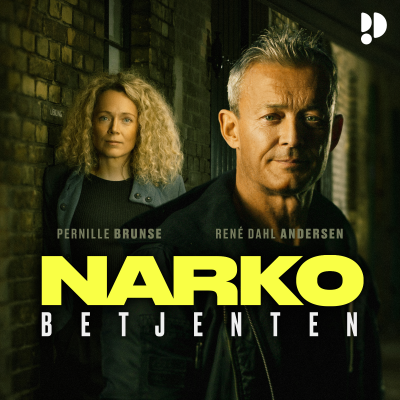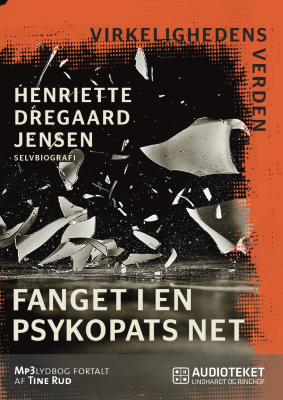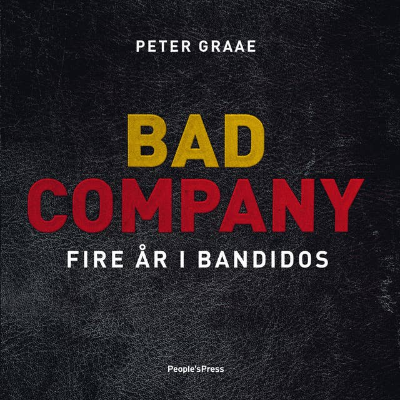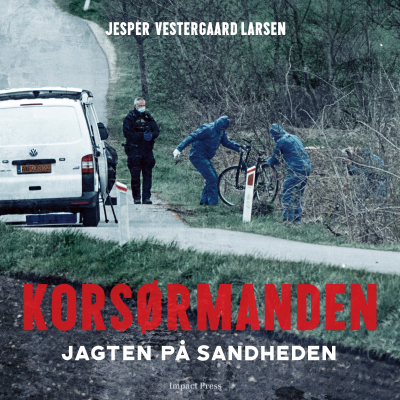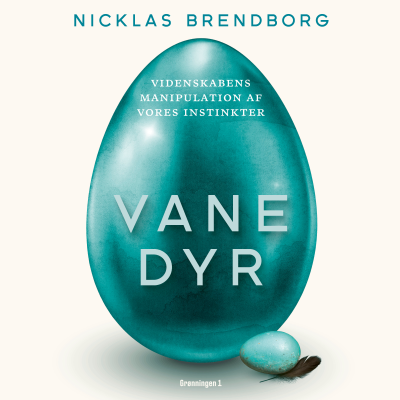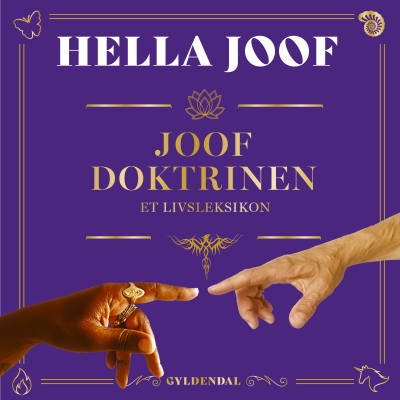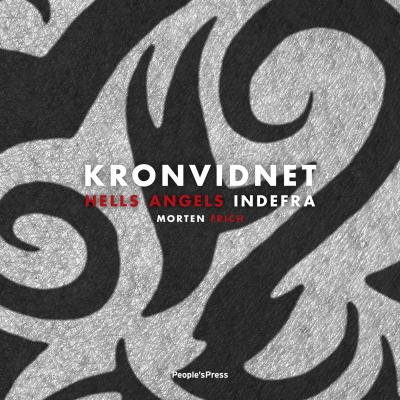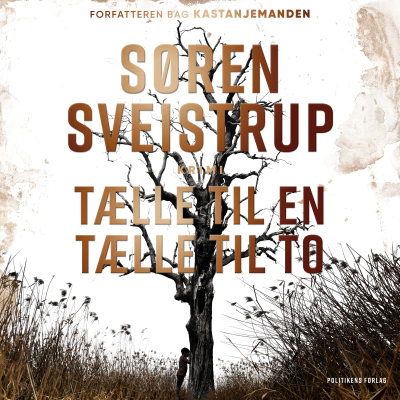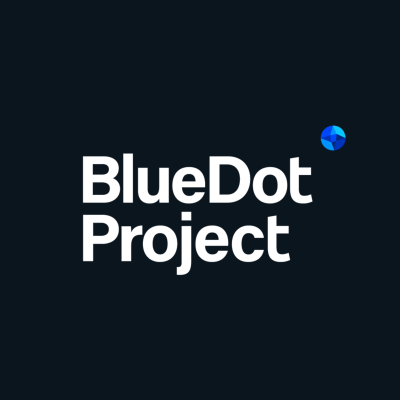
Blue Dot Project Podcast
Podcast af Blue Dot Project
Blue Dot Project, a family of funds, invests in future bioeconomies focusing on regenerative community development, technology, and infrastructure to speed up regenerative processes. www.bluedotproject.com
Prøv gratis i 60 dage
99,00 kr. / måned efter prøveperiode.Ingen binding.
Alle episoder
21 episoderImpact investors in the emerging field of regenerative finance need ways to reduce the financial risk. One method is to create criteria by which third parties can certify regenerative projects. Third-party certification can rate how regenerative a project is and how likely it is to succeed. By establishing clear, objective, and transparent criteria, regenerative certifications can help not only investors but also developers of regenerative communities. They can help by raising the bar for the planning and operation of future communities. In this episode, host David Vranicar explores with guest Nicole Reese her early efforts to create an open-source regenerative certification process initiated by the Blue Dot Project. About the Guest Nicole Reese, founder of the consulting firm Terrenity, is an expert in the emerging field of building and operating regenerative communities. For about six years, she has been visiting a broad range of intentional, nature-oriented communities around the world. She has lived in several. Her data and observations on the functions of such communities are among the most comprehensive available. The Blue Dot Project has engaged her services to draft the first version of open-source regenerative certification criteria. Mentioned in this Episode * LEEDS certification of buildings * Regenerative certification * Regenerative communities * Open source * Technology * Governance of regenerative communities * Financial risk
Is your food safe to eat? Maybe less so than you think. Guest Zen Honeycutt, founder of Moms Across America, shares disturbing findings from her organization’s privately funded food testing in the United States. For impact investors, the episode highlights the potential to support and benefit from the small but accelerating movement towards regenerative agriculture. Testing sponsored by Moms Across America found that foods produced through both industrial and organic farming processes are often contaminated with high levels of glyphosate and residue from other herbicides. These chemicals believed to cause cancer and other diseases. The chemicals also include high levels of heavy metals and other neurotoxins, even in school lunches and baby formulas. Organic foods sometimes contain surprising amounts of heavy metals because organic farmers use manure as fertilizer, and the manure is often contaminated by the food livestock eat. The solution, Zen says, has three elements: (1) Conduct more privately funded testing of foods. (2) Educate the public about the health dangers and social costs of the food they eat. (3) Urge the public to pressure food brands to insist their growers use both regenerative and organic production methods. About the Guest Zen Honeycutt is the founder of Moms Across America and the author of the book Unstoppable. As a well-informed and tenacious mom committed to food safety, Zen has led efforts to test and publicize the contamination in the U.S. and global food supply. Her grassroots organization works with counterparts around the world to raise awareness and promote more healthful, safer food. Mentioned in this Episode * Genetically Modified Organisms (GMOs) [https://www.nongmoproject.org/gmo-facts/what-is-gmo/#:~:text=A%20GMO%2C%20or%20genetically%20modified,which%20are%20also%20genetically%20modified.] * Glyphosate [https://en.wikipedia.org/wiki/Glyphosate] * Pesticides and Herbicides [https://www.niehs.nih.gov/health/topics/agents/pesticides#:~:text=Pesticides%20kill%2C%20repel%2C%20or%20control,weeds%20and%20other%20unwanted%20vegetation.] * Heavy Metals [https://link.springer.com/article/10.1007/s10534-024-00583-4#:~:text=Some%20of%20them%20(i.e.%20arsenic,development%20and%20progression%20in%20humans.] * Regenerative Farming [https://www.earthday.org/campaign/regenerative-agriculture/] * Organic Food Standards [https://www.ams.usda.gov/grades-standards/organic-standards] * Concentrated Animal Feeding Operations [https://www.dhs.wisconsin.gov/environmental/cafo.htm#:~:text=Concentrated%20Animal%20Feeding%20Operations%20(CAFOs)%20are%20agricultural%20meat%2C%20dairy,lands%2C%20animals%20are%20given%20food.] (CAFOs) [https://www.pollutionsolutions-online.com/news/waste-management/21/breaking-news/microplastics-vs-nanoplastics-whats-the-difference/57165] * Microplastics and Nanoplastics [https://www.pollutionsolutions-online.com/news/waste-management/21/breaking-news/microplastics-vs-nanoplastics-whats-the-difference/57165] * PFAS ("Forever Chemicals") [https://en.wikipedia.org/wiki/Per-_and_polyfluoroalkyl_substances] * Big Food and Big Agriculture Lobbying [https://www.foodunfolded.com/article/how-does-lobbying-impact-our-food-and-agricultural-policies] * Merchants of Doubt [https://www.merchantsofdoubt.org/] * Moms Across America [https://www.momsacrossamerica.com/] * Zen Honeycutt [https://www.linkedin.com/in/zen-honeycutt-b650782/]
This second episode in a two-part series where guest Neal Collins highlights two novel regenerative real estate projects in the U.S. Pacific Northwest. The projects show how regenerative development processes can transform neglected land into thriving, eco-friendly communities that improve local economies. For impact investors, these detailed examples show the potential to generate solid risk-adjusted returns by thinking differently about real estate development. The Salish Sea Farm project starts with abandoned farmland that was thought to have little potential for commercial development. Regenerative thinking turned undervalued land into a project with a strong pro-forma financial plan. The plan includes a regenerative farm, more than 200 residences, a hotel with three farm-to-table restaurants, and a commercial center. The Marrowstone Inn project shows how regenerative development can blend hospitality with environmental restoration and also strengthen the local economy through unusual financing. About Guest: Neal Collins is co-founder of Latitude Regenerative Real Estate Development with agents and partners across North America. He also hosts The Regenerative Real Estate Podcast, where he has interviewed dozens of people with diverse knowledge and experience in creating sustainable, thriving communities. In the past few years, Latitude has joined a small but growing number of regenerative real estate development companies at the forefront of this fast-changing field. Their work exemplifies how regenerative principles can transform real estate and support local economies. Mentioned in this episode: * Neal Collins [https://www.linkedin.com/in/neal-collins-723515112/] * Latitude Regenerative Real Estate [https://chooselatitude.com/] * Regenerative Real Estate [https://medium.com/regenerative-real-estate/what-is-regenerative-real-estate-d3106480a63] * Impact Investment [https://en.wikipedia.org/wiki/Impact_investing] * Puget Sound [https://en.wikipedia.org/wiki/Puget_Sound] * Salish Sea Farms [https://salishsearegenerative.farm/] * Wendell Berry [https://en.wikipedia.org/wiki/Wendell_Berry]
What is regenerative real estate development, and how is it different from conventional development? Investors who seek to fund regenerative projects should understand this emerging field because it’s so important to reducing financial risk and achieving expected returns. In this episode of the Blue Dot Project Podcast, guest Neal Collins talks about regenerative real estate development with host David Vranicar. For impact investors, we explore how regenerative real estate development differs from conventional processes in five key areas: community involvement in the planning process, the focus on long-term success, the goal of regenerating nature rather than just protecting it, and the challenges and opportunities of working with a variety of funding sources. About Guest: Neal is co-founder of Latitude Regenerative Real Estate, a company based in the U.S. state of Washington. He also hosts the Regenerative Real Estate Podcast, where twice a month for four years he has interviewed dozens of people with diverse knowledge and experience in creating sustainable, thriving communities. In the past two years, Latitude has transitioned beyond offering transactional real estate brokerage and services. Today they are among a small number of regenerative real estate development companies at the forefront of this fast-changing field. Latitude has agents and partners across North America. Mentioned in this episode: * Neal Collins [https://www.linkedin.com/in/neal-collins-723515112/] * Latitude Regenerative Real Estate [https://chooselatitude.com/] * Regenerative Real Estate [https://www.jeffmatteis.com/blog/what-is-regenerative-real-estate] * Conventional Real Estate Development [https://en.wikipedia.org/wiki/Real_estate_development] * Impact Investors [https://en.wikipedia.org/wiki/Impact_investing] * Appreciative Inquiry [https://organizingengagement.org/models/appreciative-inquiry/#:~:text=Appreciative%20Inquiry%20is%20an%20asset,their%20communities%2C%20organizations%2C%20or%20teams] * Puget Sound [https://en.wikipedia.org/wiki/Puget_Sound]
In this episode of the Blue Dot Project Podcast host David Vranicar explores the concept of regenerative communities with Alex Corren, co-founder of ReCommon. Drawing from extensive experience and passion for environmental stewardship, Alex shares insights into key factors that lead to successful regenerative communities. He emphasizes the importance of considering the landscape, engaging with all stakeholders, and aligning with regenerative principles. Alex’s early years in New Jersey helped him develop a deep connection to nature. He shares how his firsthand view of suburban real estate development sparked his passion for building communities that harmonize with the natural world. Here Alex provides his perspectives on the opportunities and challenges of establishing regenerative communities that can thrive for generations. About Guest: Alex Corren, co-founder of ReCommon, is a dedicated advocate for regenerative practices. With a background in environmental science and a deep-rooted passion for nature, he spearheads initiatives to create communities that prioritize ecological regeneration and sustainable living. Mentioned in this episode: * Regenerative Communities [https://www.regenlive.org/regenerative-communities] * Regenerative Agriculture [https://en.wikipedia.org/wiki/Regenerative_agriculture] * Land Stewardship [https://en.wikipedia.org/wiki/Land_stewardship] * Sustainable Living [https://en.wikipedia.org/wiki/Sustainable_living] * ReCommon [https://www.recommon.land/] * Bioregionalism [https://en.wikipedia.org/wiki/Bioregionalism] * Permaculture [https://en.wikipedia.org/wiki/Permaculture] * Environmental Science [https://en.wikipedia.org/wiki/Environmental_science] * Impact Investing [https://en.wikipedia.org/wiki/Impact_investing]
Prøv gratis i 60 dage
99,00 kr. / måned efter prøveperiode.Ingen binding.
Eksklusive podcasts
Uden reklamer
Gratis podcasts
Lydbøger
20 timer / måned









